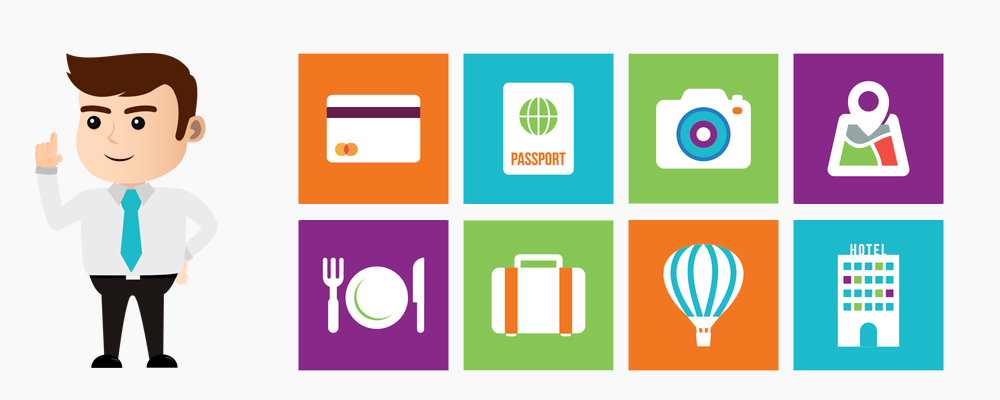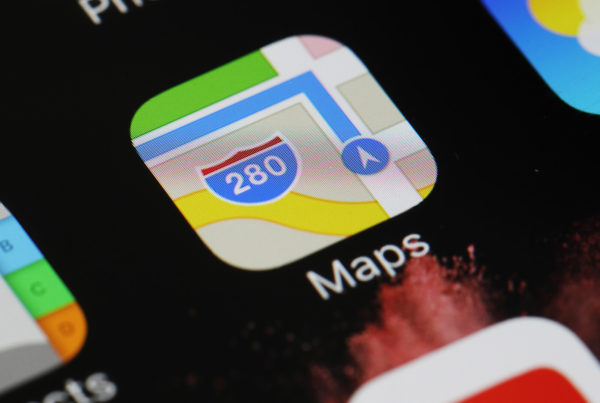Why is Local SEO important for Travel Agencies ?

Allows you to fetch more customers with reduced costs
SEO for Travel Agencies allows you to target customers for a range of keywords. Unlike other strategies, targeting keywords in SEO is fairly easy and pocket friendly. SEO lets you target a large number of keywords along with their variations, for no extra costs. For example, as your business is of Travel Agency, you might like to target keywords like ‘Trips’ and ‘Travel agency’. But why restrict yourself? You could also try your hands on other related keywords like ‘London Trips’, ‘Best Travel Agencies New York’.
- SEO doesn’t restrict your keywords with a budget. SEO gives you the liberty to explore more and target a range of related keywords for no extra costs.
- Enhances visibility of your travel website.
- SEO basically deals with the website optimization such that it appears in front of the targeted audiences.
For instance, if someone searched for ‘Contact Travel agency’, and your website makes it to the top of the search results pages, the probability is quite high that you will end up making the deal. You automatically boost your business when you offer your customers what they are looking forward to having. This is how SEO blesses you.
Builds great user experience
Though not directly associated with any SEO task, but a good SEO expert will always provide you suggestions for better structure & CTA planning in order to ensure proper conversions.
With current SEO Trends, a website without proper on page & structure will find it difficult to rank better in SERPs and hence forcing you to make changes accordingly, which actually helps you in building better user experience.
How is SEO for Travel Agencies beneficial?
Travel agents have played an important role in the travel industry in the past, but these days the internet and search engines have stormed ahead with polls suggesting that around 80% of trips are booked online.
SEO will help travel agency owners to create a faster, smoother, and user-friendlier website. Although most people still hang on to the old definition of SEO, thinking that it is only about optimising for the search engines, however, today SEO is also about improving user experience too.
Well-structured, clean, and uncluttered websites compels a casual visitor to stay longer, thereby decreasing bounce rate and increasing page views. Similarly, highly relevant content (Travel plans, Budget) keeps your readers happy as they are more likely to get answer their questions, solve their pressing issues and helps them find exactly what what kind of trips or travel plans they are looking for on your site.
One of the main reasons for having a website is to stand out from your competition and increase your customer base.
Another reason that sets travel SEO apart from its search marketing cousins is the customer and, in particular, the user journey that a potential customer will travel along before conversion. Typically, a user will not land on a website at the final conversion goal of ‘booking a holiday’. The user journey, in terms of booking a holiday is a multi-visit, multi-site, thoroughly researched and reviewed process. It can take place across a wide range of devices, locations (home, office, commute via handheld) and across a number of days. It is this ‘multi-channel, multi-visit’ experience wherein lies the importance and the main advantages of using an SEO agency who are market specialists in the travel industry. Understanding the user journey of a customer and optimising a site accordingly is one of the most important contributing factors to an effective SEO strategy for a travel company.
Useful Local SEO tips for Travel Agencies
Keywords Research & Planning
It may sound like the strategy of yesteryear, but even today, when people want to travel, the first they do is Google their requirement. It pays to invest in keywords and draft content around those keywords to increase your website’s ranking and garner those much needed web clicks.
But then again, here is the twist. You fluff the content with keywords and useless info – Google is all set to punish you. Punishment could be severe and may get your website blacklisted.
- An optimum keyword density should be chosen to garner maximum eyes.
- Avoid over-stuffing and over-optimisation. Target 3-4 keywords per page.
- You might like to target long tail keywords.
- Try putting the keyword in the heading of the article, but make sure, it makes sense!
- Use keywords in meta description, title tag and alt tags.
- Choose your keywords wisely.
- Have an eye over your competitor’s keywords and perform a detailed analysis.
SEO Copywriting & Content Optimization
With millions of tourism sites vying for attention, every destination is being covered by almost all the travel companies. In this jumble, the destination details and packages are bound to overlap, it is imperative for travel companies to invest in good copywriters to create engaging new and fresh content. Copied content hits the Google ranking of the web page and may prove disastrous to your website.
How do you do it? Simply understand that people come first over the algorithms. Write to engage the customers, and rest follows itself. How does Google determine the rank of your website? Google displays the web pages in the SERPs based on the relevance and the authority of the page.Relevance of the page is determined by analyzing its content. The content is analyzed on the basis of various factors, of which keywords form a significant part.The authority of the page is determined by how many quality links the particular web page is getting.

Thus, in order to write content that sells, you need to create alluring, useful and appealing content targeting specific keywords which impart value to the readers.
Visualize Content That Enhance User Experience
A well-designed website is the apple of the eyes! But this is not it; you could further boost the user experience by making use of proper engaging images, videos and diagrams. Infographics serve as a wonderful attention catcher. This not only appeals and entertains the customer, but also helps you by reducing the bounce rate. Thus helping you earn some extra points from Google.
Blogging and Content Marketing
You have done your bit, marketed, captured their attention, and go them to your website, but you have not been able to close the sale. But you don’t leave the potential customer there; then you follow them and push them to come back to your site. This can be achieved using blogs, stories, real experiences and quality content on other sites and get them back to your site through links.
-
- A travel blog could in fact serve as the wonderful way to implement the SEO strategies.
Try updating a blog two to three times in a week.
- Choose topics that your audiences would find useful.
- Adding more content to your blog on a periodic basis would keep the search engines interested in your website making them crawl the pages every now and then.
- You could choose the blog topics targeting a range of keywords.
- Create highly engaging content such that users would like to share them on social media and other websites. This would earn you the quality links, thus boosting the visibility of your blog and enhancing the SEO of your website – a win-win situation!
- Make use of SEO plugins like Yoast’s WordPress SEO plugin to ensure that you have properly aligned SEO strategies in place.













